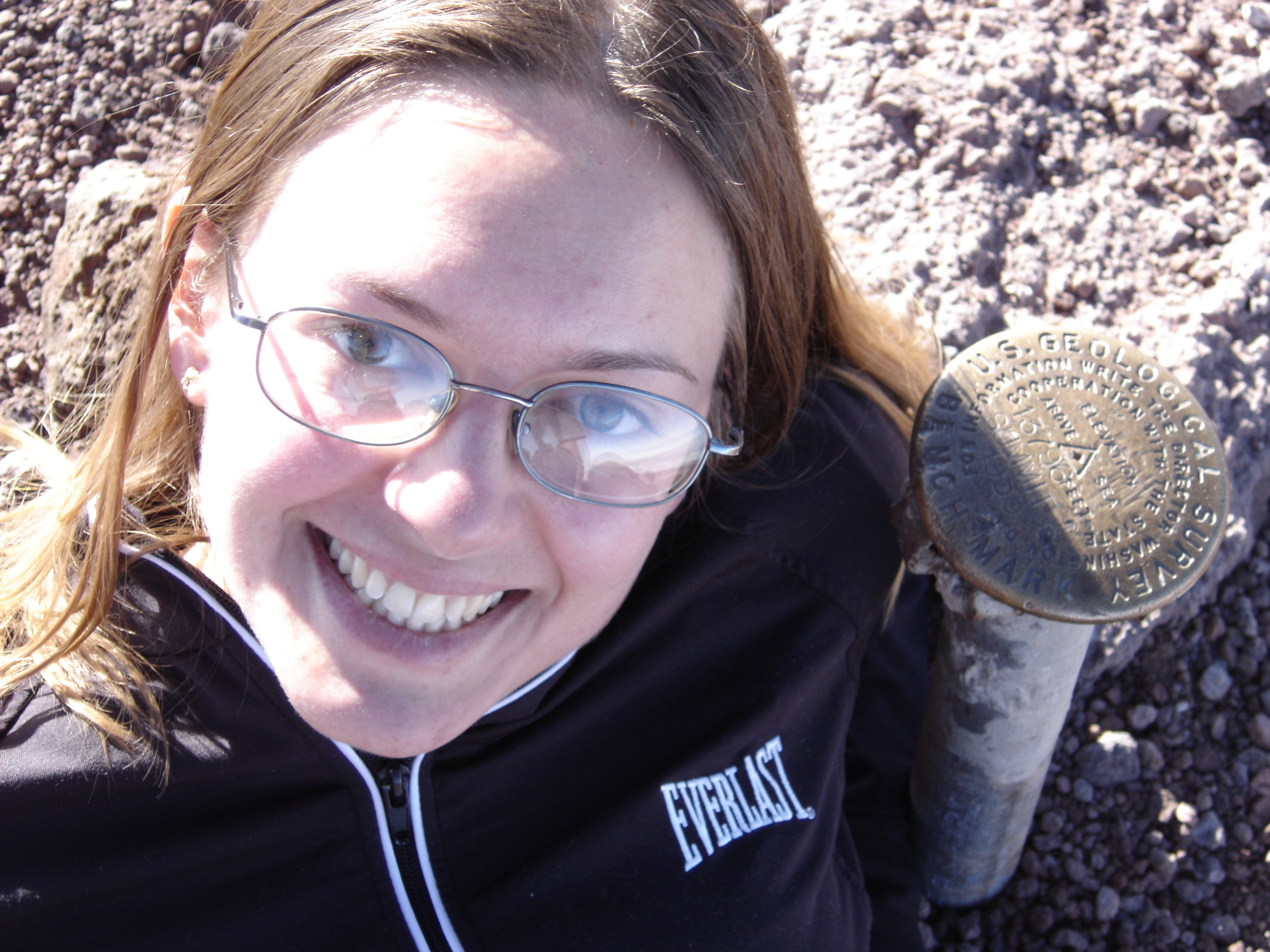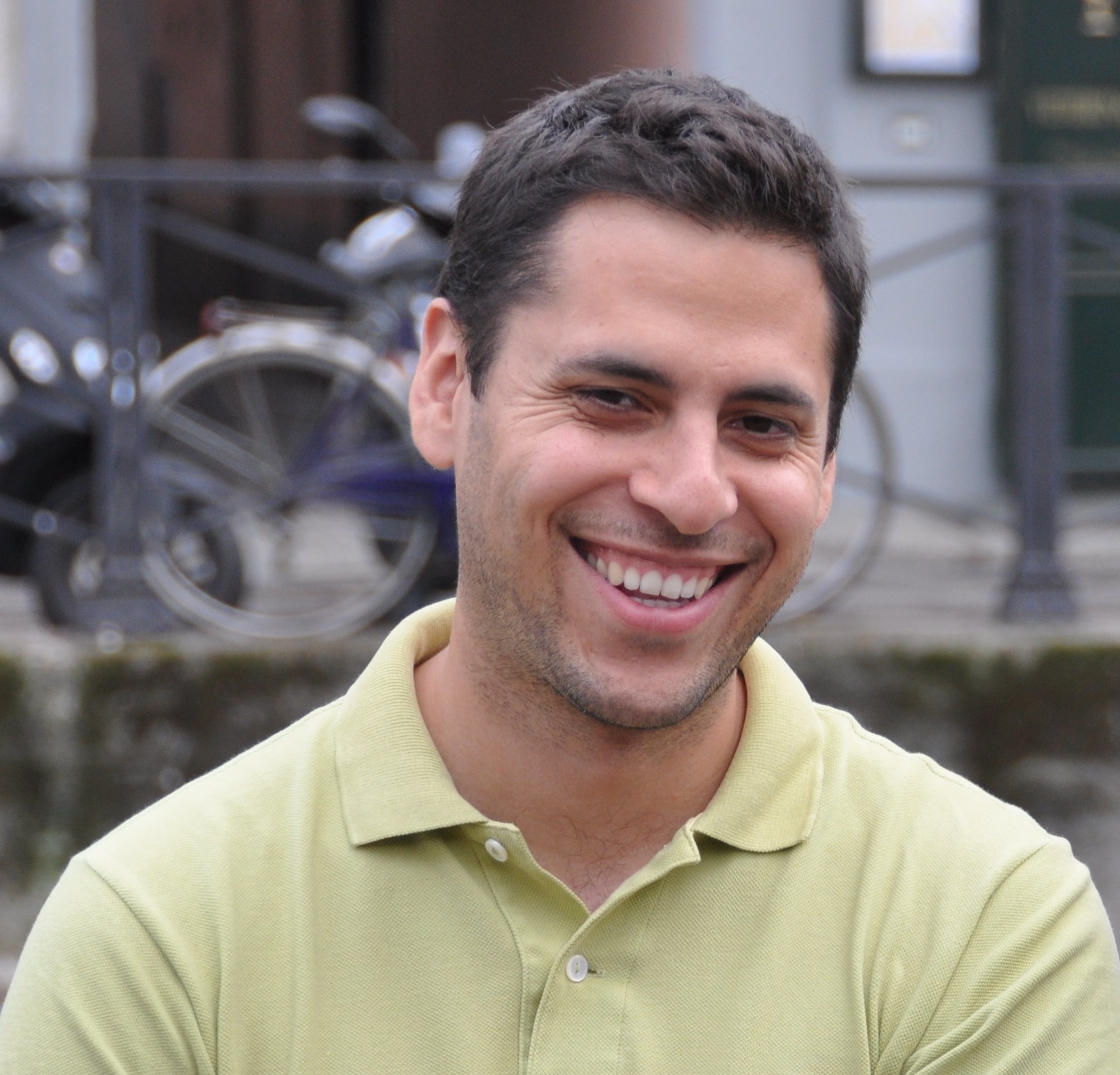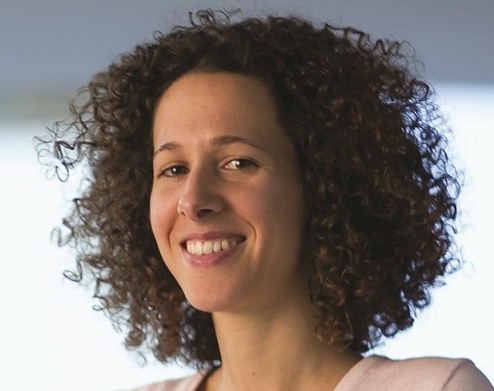Project Year
2014
Region(s)
Latin America and the Caribbean
Country(ies)
Mexico
Project Description
Our study aims to test whether and how mental accounting and default mechanisms improve the ability of poor households to save in the formal financial system, cope with negative shocks, and invest in health and education. We are also interested in testing whether making the financial lives of the poor easier has an effect on their cognitive system, and if this, in turn, affects their welfare. Designing savings tools that help the poor to save is a global challenge that could benefit many. The Mexican antipoverty program Oportunidades delivers conditional cash transfers to its beneficiaries via direct deposits into savings accounts. We plan to exploit this key feature of the program to evaluate the potential of default and mental accounting mechanisms for a vulnerable population. We will conduct a randomized controlled trial at the local level with three treatment arms. Households living in control localities (C) will keep receiving their cash transfers via their savings accounts. Households living in our mental accounting localities (T1) will be offered access to an account for “emergencies.” They will be able to voluntarily deposit any amount into this account. Finally, households living in our mental accounting + default localities (T2) will also be offered access to an account for emergencies and will be given the chance to have 10% of their Oportunidades transfers automatically deposited into their account for emergencies. Comparison of C vs. T1 + T2 will identify the effect of mental accounting. Comparison of T1 vs. T2 will identify the effect of savings by default. Our results will help design better development policies associated with the delivery of conditional cash transfers programs or other government programs that make regular transfer payments to individuals.
Researcher(s)
Manuela Angelucci, Carlos Chiapa, and Silva Prina
About the Researcher(s)
 Manuela Angelucci holds a Ph.D. in Economics from University College London. She is an Assistant Professor
at the University of Michigan. Her field of research is development economics. She
is currently conducting research on migration, household behavior, and the effect
of acute stress on productivity and decision making.
Manuela Angelucci holds a Ph.D. in Economics from University College London. She is an Assistant Professor
at the University of Michigan. Her field of research is development economics. She
is currently conducting research on migration, household behavior, and the effect
of acute stress on productivity and decision making.
 Carlos Chiapa holds a Ph.D. in Economics from Boston University. He is an Assistant Professor of
Economics at El Colegio de México. His areas of expertise are applied microeconomics,
economic development and program evaluation. His current research focuses on the effects
of financial inclusion through savings accounts, on behavior, aspirations and cognitive
abilities of individuals.
Carlos Chiapa holds a Ph.D. in Economics from Boston University. He is an Assistant Professor of
Economics at El Colegio de México. His areas of expertise are applied microeconomics,
economic development and program evaluation. His current research focuses on the effects
of financial inclusion through savings accounts, on behavior, aspirations and cognitive
abilities of individuals.
 Silvia Prina holds a Ph.D. in Economics from Boston University. She is Assistant Professor at
the Weatherhead School of Management at Case Western Reserve University. Her fields
of research are applied microeconomics and development economics. She is currently
conducting research aimed at studying whether access to formal savings accounts improves
the lives of poor households in Mexico, Nepal and Tanzania.
Silvia Prina holds a Ph.D. in Economics from Boston University. She is Assistant Professor at
the Weatherhead School of Management at Case Western Reserve University. Her fields
of research are applied microeconomics and development economics. She is currently
conducting research aimed at studying whether access to formal savings accounts improves
the lives of poor households in Mexico, Nepal and Tanzania.
Read Angelucci, Chiapa and Prina's Final report
Link to blogpost: What Are the Effects of Adding Credit and Insurance To a Conditional Cash Transfers Program in Mexico?



